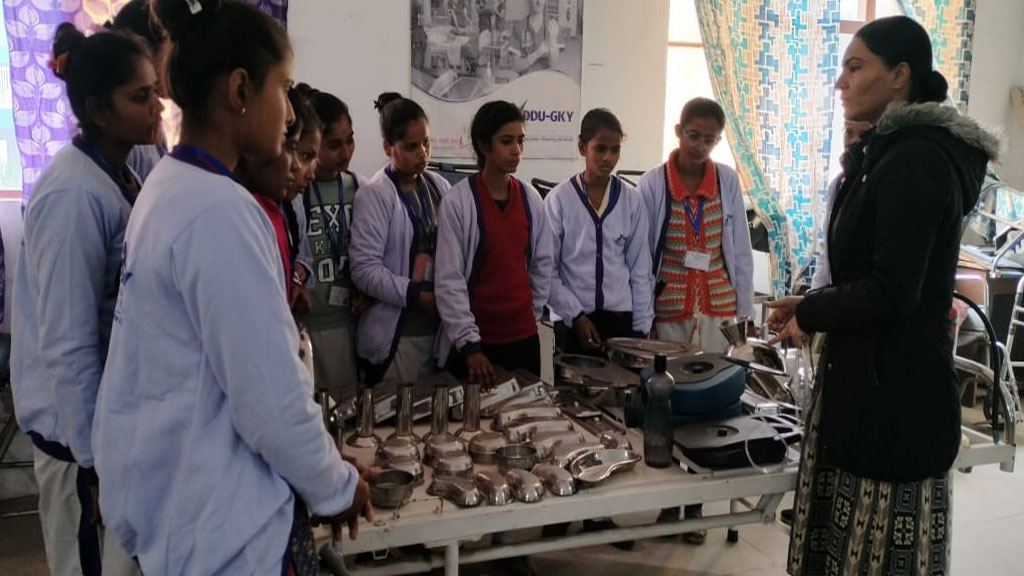Introduction:
As the world strives for sustainable development, education emerges as a cornerstone for lasting positive change. Corporate Social Responsibility (CSR) plays a pivotal role in driving sustainable development through targeted educational initiatives. This article explores effective CSR strategies that not only contribute to immediate improvements in education but also lay the foundation for long-term, sustainable development.
Alignment with Sustainable Development Goals (SDGs):
SDG Integration: Align educational CSR programs with relevant Sustainable Development Goals, emphasizing themes such as quality education (SDG 4), gender equality (SDG 5), and partnerships for the goals (SDG 17).
Comprehensive Approach: Design initiatives that address multiple SDGs simultaneously, recognizing the interconnected nature of sustainable development.
Community-Centric Approaches:
Needs Assessment: Conduct thorough needs assessments in target communities to tailor educational programs based on specific local requirements.
Community Empowerment: Empower communities by involving them in the planning, implementation, and evaluation of educational initiatives to ensure sustainability and relevance.
Lifelong Learning and Skill Development:
Beyond Formal Education: Extend educational programs beyond formal schooling to include lifelong learning opportunities for individuals of all ages.
Skill-Centric Programs: Focus on developing practical skills that are aligned with local economic needs, ensuring that education translates into sustainable livelihoods.
Technology for Inclusivity:
Digital Inclusion: Leverage technology to bridge educational gaps, providing access to quality education in remote or underserved areas.
Digital Literacy: Integrate digital literacy programs to empower individuals with the skills needed to navigate an increasingly technology-driven world.
Teacher Training and Professional Development:
Continuous Learning: Implement ongoing training programs for educators, ensuring they stay updated on innovative teaching methodologies and subject matter expertise.
Community of Practice: Facilitate the creation of communities of practice where educators can collaborate, share best practices, and support each other’s professional growth.
Public-Private Partnerships:
Collaboration with Government: Form strategic partnerships with government bodies to amplify the impact of educational initiatives and align with national education policies.
Business-Education Alliances: Collaborate with educational institutions and other private entities to create a synergistic approach to sustainable development through education.
Measurable Impact Metrics:
Key Performance Indicators (KPIs): Establish clear and measurable KPIs to assess the impact of CSR initiatives on educational outcomes and community development.
Impact Assessments: Conduct regular impact assessments to evaluate the effectiveness of programs and make data-driven adjustments for continuous improvement.
Advocacy and Awareness:
Stakeholder Engagement: Engage with stakeholders, including employees, customers, and the wider community, to build awareness and garner support for educational CSR initiatives.
Advocacy for Policy Change: Advocate for policies that support sustainable development through education, influencing positive change at both local and global levels.
Conclusion:
Sustainable development through education requires a holistic and long-term commitment. CSR strategies that prioritize community engagement, skill development, technology integration, and strategic partnerships can create a lasting impact. By investing in education as a driver of sustainable development, corporations can contribute to building resilient, empowered, and thriving communities for generations to come.
- By admin

